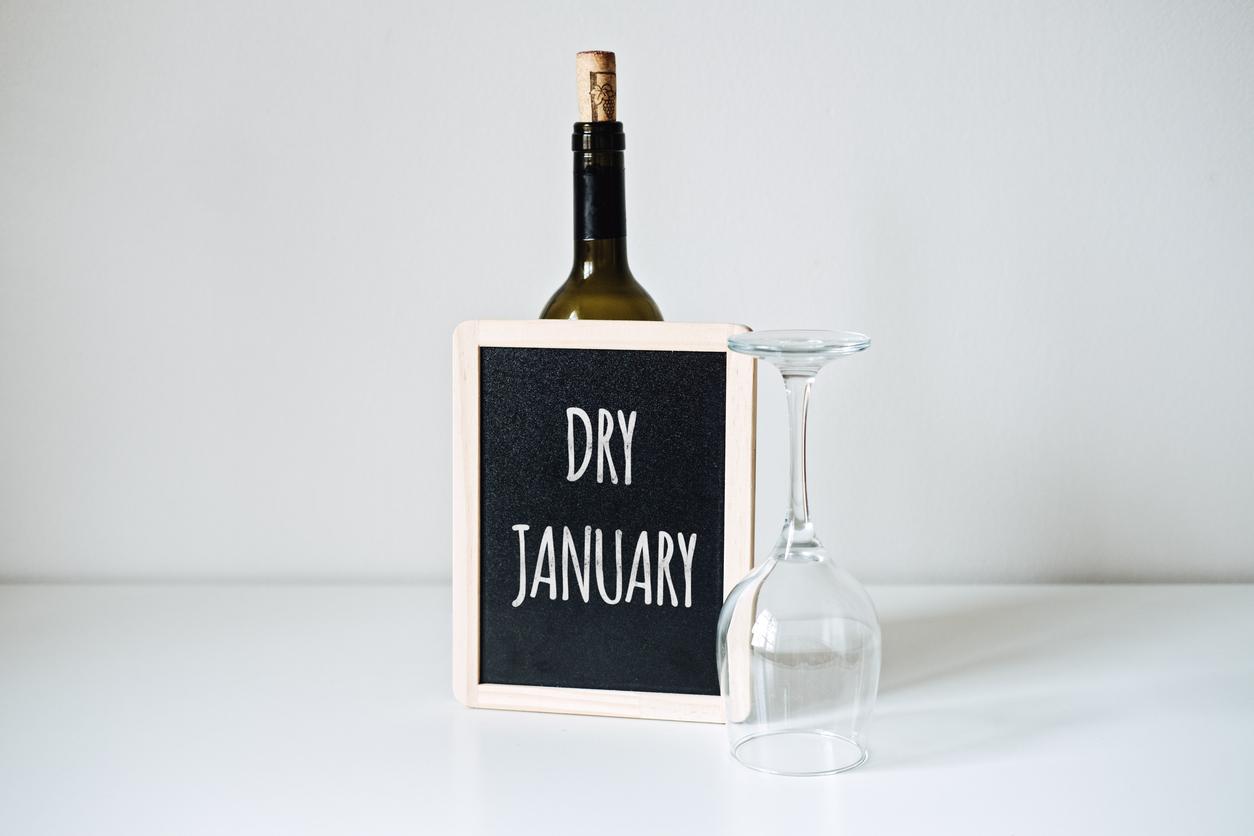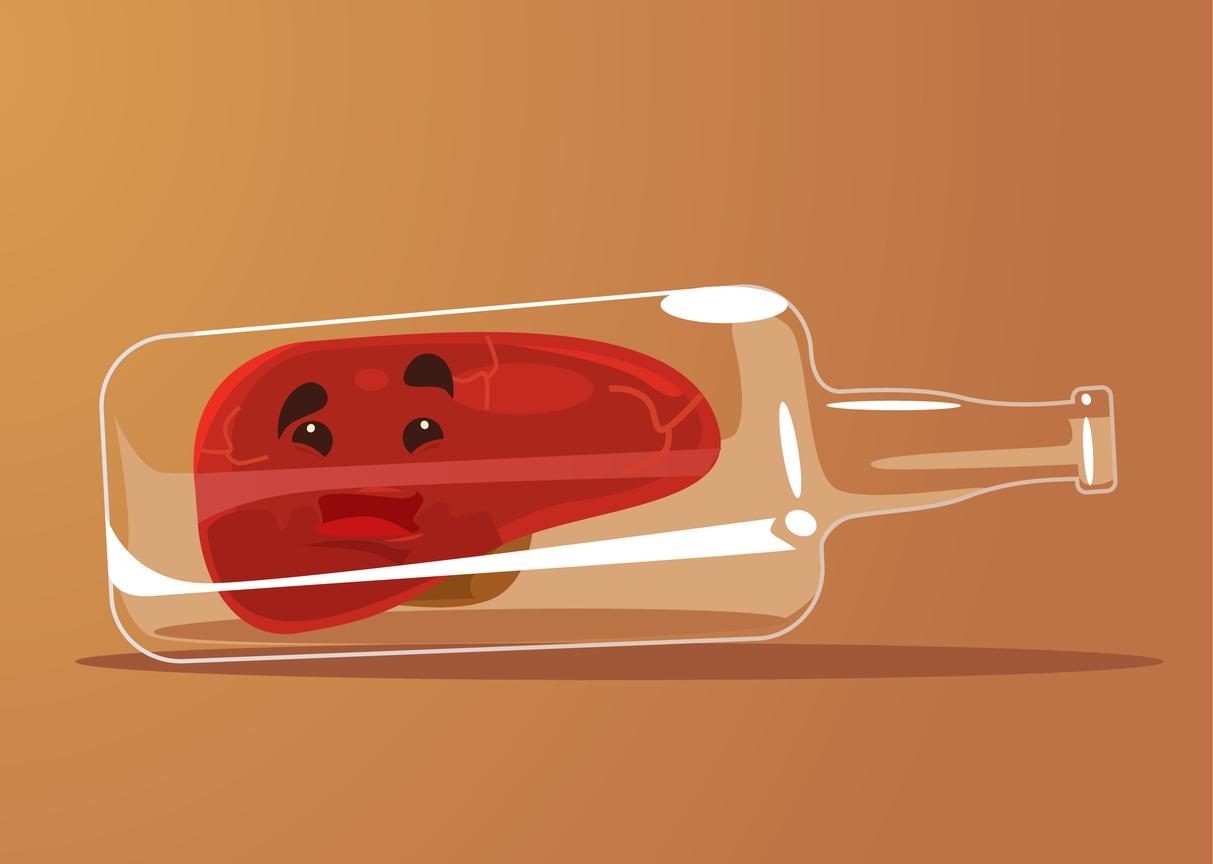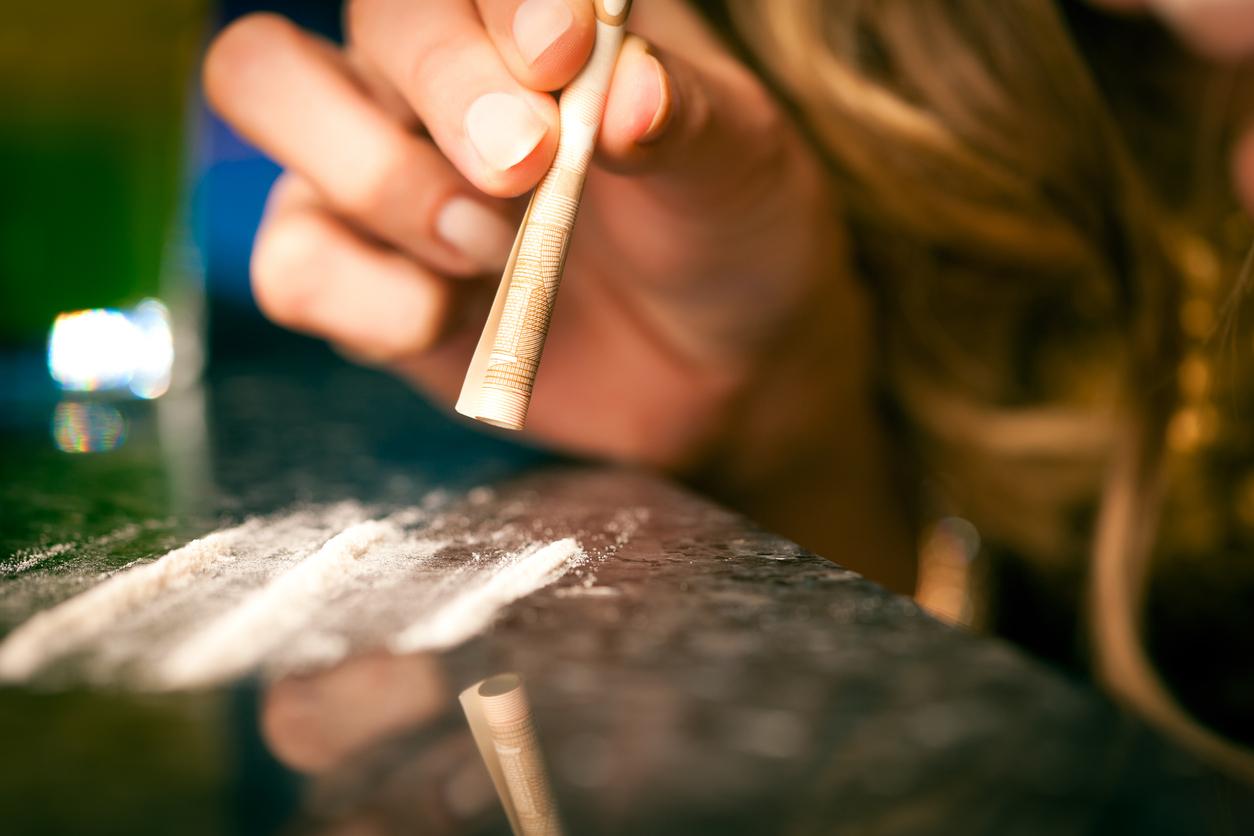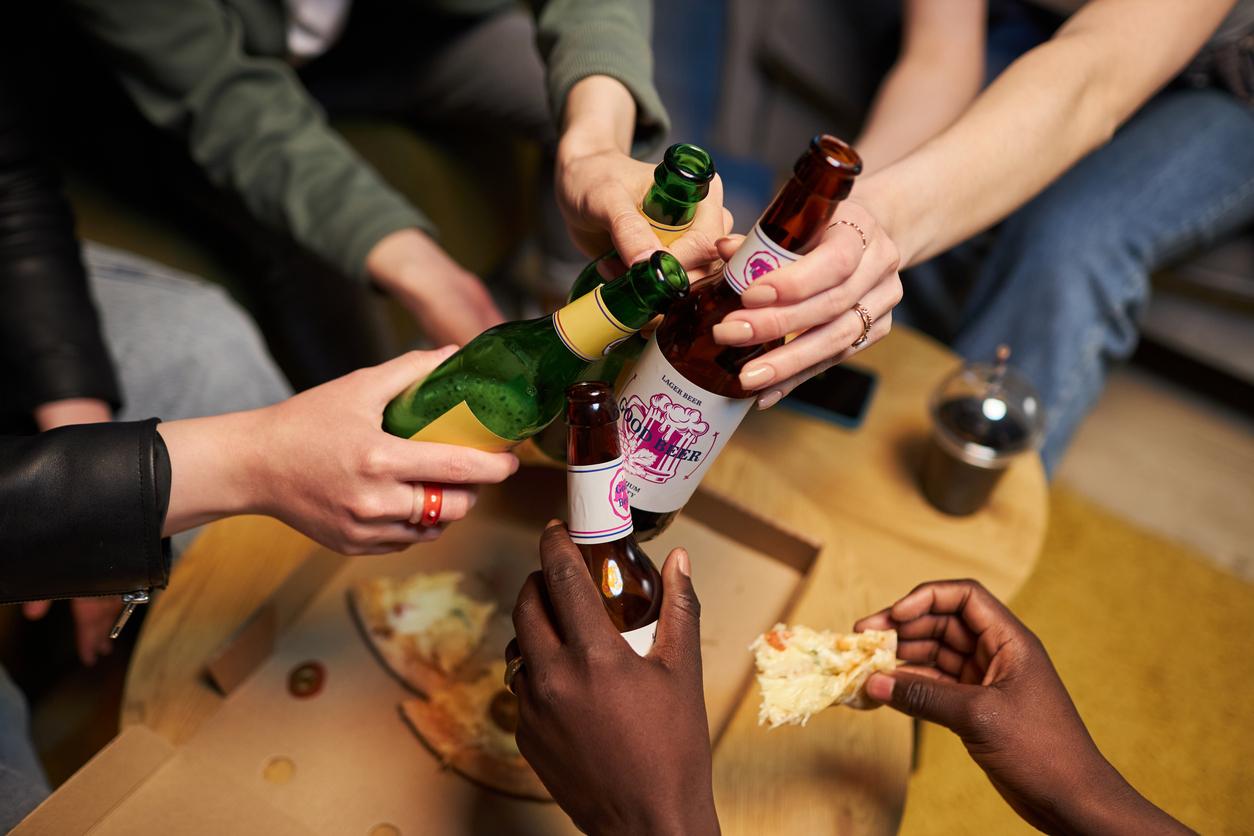Avoiding “triggers”, finding support, varying activities… Researchers give some advice for stopping alcohol consumption during the January challenge.

- Stopping drinking can improve your health and well-being. First identify your habits and motivations using tools like the AUDIT (Alcohol Use Disorders Identification Test), an online questionnaire validated by the WHO.
- Set a date to quit, tell your loved ones, and avoid triggers like certain places or relationships. Join support groups or explore new activities to replace drinking.
- If your dependence is very strong, seek professional help to avoid the risk of too abrupt withdrawal.
Alcohol abuse drastically increases the risk of chronic diseases, affects sleep, social relationships, weight… Whether for a challenge like the upcoming “Dry January”, a pregnancy or simply the desire to To improve your health, there are many reasons to reduce or stop your consumption. But how to go about it? Stop suddenly or gradually? And how do you maintain a sober lifestyle? Here are some practical tips offered by researchers from the Cleveland Clinicin the United States.
Understanding your relationship with alcohol
“Basically, stopping drinking is a change in behavior, explain the scientists. It’s about breaking a habit and starting new ones.” But before changing your habits, you must take the time to analyze your consumption. How many drinks do you drink? In what situations are you most likely to drink? Why do you drink? How does alcohol affect your health, relationships or work?
This introspection can be facilitated by the use of the tool AUDIT (Alcohol Use Disorders Identification Test), a free online questionnaire validated by the World Health Organization (WHO) that helps identify your habits and motivations.
Set a date and avoid triggers
If you choose to quit completely, take a direct approach by setting a specific date. Inform your loved ones of your decision and ask for their support. Anticipate things that might tempt you to drink, such as certain friends, places or objects (wine glasses, shakers, cocktail recipes, etc.) associated with alcohol consumption. An adage from Alcoholics Anonymous (AA) sums up these “triggers” well: “people, places and things”. Identify those who are holding back your sobriety and distance yourself if you think they will cause you to break down.
Find support and new activities
However, a sober life does not mean isolating yourself, researchers point out. They recommend joining support groups, trying new activities like dancing, volunteering or cooking classes. You can also offer alcohol-free outings: a coffee with friends or a bike ride can replace traditional aperitifs.

The first stages of sobriety may be accompanied by mild withdrawal symptoms: irritability, sleep disturbances or nausea, which may be more or less severe depending on your drinking habits. Listen to your body and don’t hesitate to see a doctor if symptoms persist.
Note that sudden withdrawal can be dangerous for certain people suffering from an alcohol use disorder, and requires medical support. Signs of addiction include cravings, difficulty following limits or personal rules about drinking. If you recognize yourself in this profile, whether your alcohol use is causing emotional or physical distress, it is strongly recommended that you consider professional help, such as therapy.















